Anglia Ruskin University gets £0.5m for Arctic beaver study
- Published
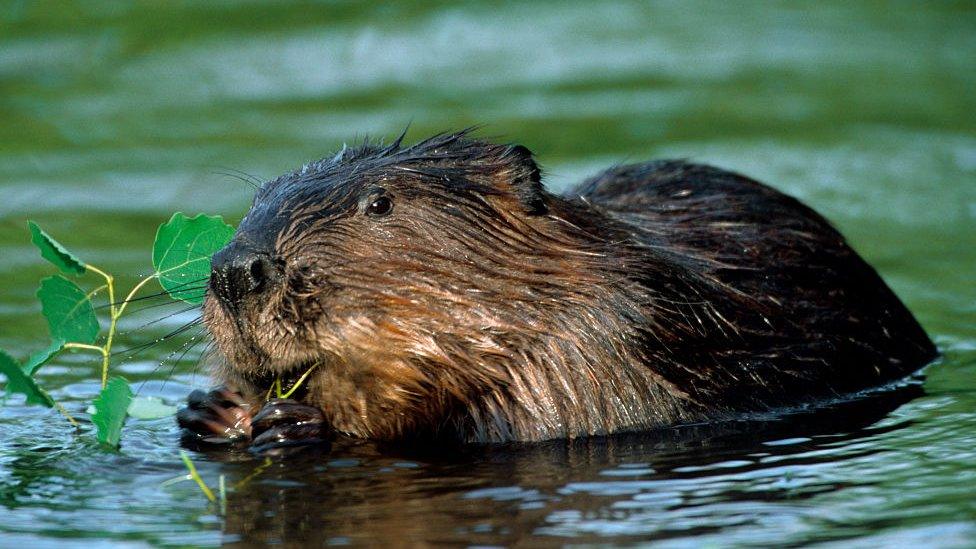
Beaver numbers have significantly increased in the Arctic and they are affecting local habitats and communities
The changing habitats and behaviour of beavers as they move further north into the Arctic Circle will be examined in a new study.
Anglia Ruskin University in Cambridge has been granted £553,491 to investigate the mammals' impact as they move northwards.
Researchers want to understand their effects on the landscape, fish populations and indigenous people.
Project leader Dr Helen Wheeler said she was "delighted" to receive the sum.
The study will look at the effects of climate change and rising temperatures. The line where trees grow has moved northwards, as has the beaver, which builds dams and water pools by felling trees.
The funding, from the government-sponsored UK Research and Innovation body, will build on studies being carried out by the university in Canada's Northwest Territories looking at how beavers are changing local ecosystems.
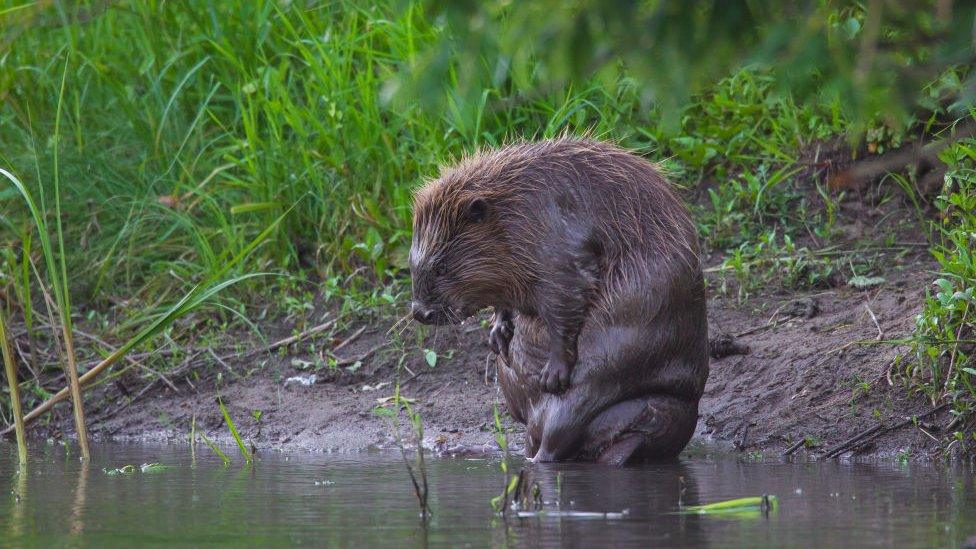
The new study will last three years and starts this month
Researchers will examine how beavers' dam-building can change landscapes by creating ponds and diverting rivers, leading to fewer fish that local people rely upon.
The number of beavers heading north of the treeline and into the Arctic, together with the amount of new ponds they are creating, have caused permafrost to melt.
This can lead to greenhouse gases methane and carbon dioxide being released.
In an Arctic update for 2021, external, aerial and satellite images showed North American beavers had colonised the Arctic tundra of Alaska, with the number of ponds doubling to 12,000 in western Alaska since the year 2000.
Between 1945 and 1955 no beaver ponds could be spotted on aerial photos of the region.
The new study starts this month and will last for three years, looking at an area in Canada's Inuvialuit Settlement Region.
UK researchers will work alongside Wilfrid Laurier University of Canada and the Inuvialuit Fisheries Joint Management Committee.
Dr Wheeler said her team would bring together experts from a multitude of fields.
"We will be able to investigate the complex effects of rapid environmental change in a truly interdisciplinary way," she said.
"What is especially pleasing is that this project is working closely with Inuvialuit partners and community members, and together we will be creating tools and infrastructure that will exist way beyond the life of the project.
"This will allow locally led monitoring and research to continue in the region long term... to help inform their ongoing stewardship of the land."

Find BBC News: East of England on Facebook, external, Instagram, external and Twitter, external. If you have a story suggestion email eastofenglandnews@bbc.co.uk
- Published17 March 2022
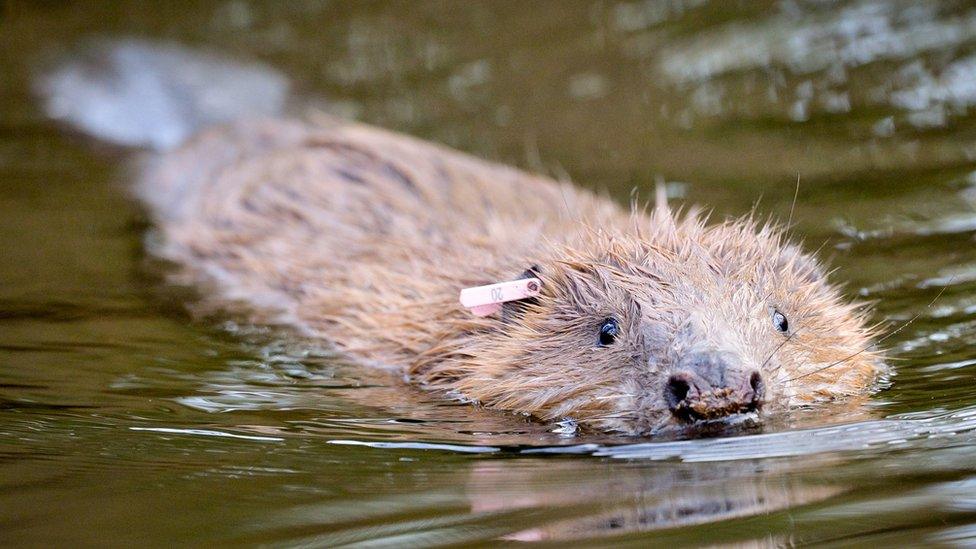
- Published25 August 2021
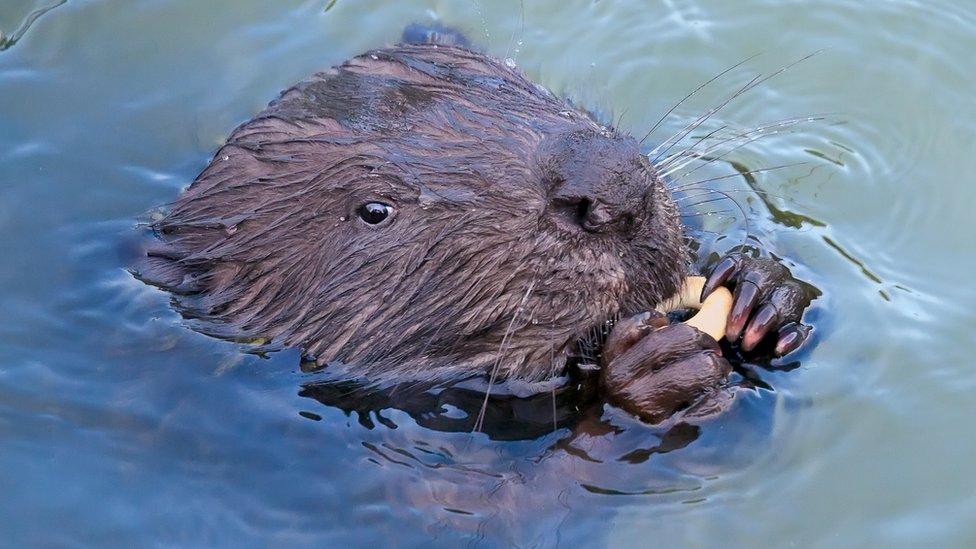
- Published15 January 2020
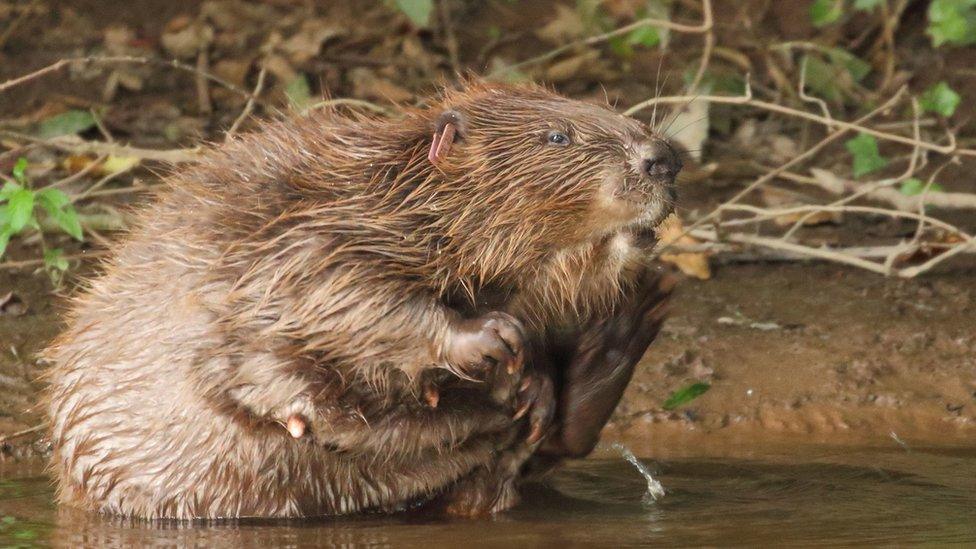
- Published21 May 2019
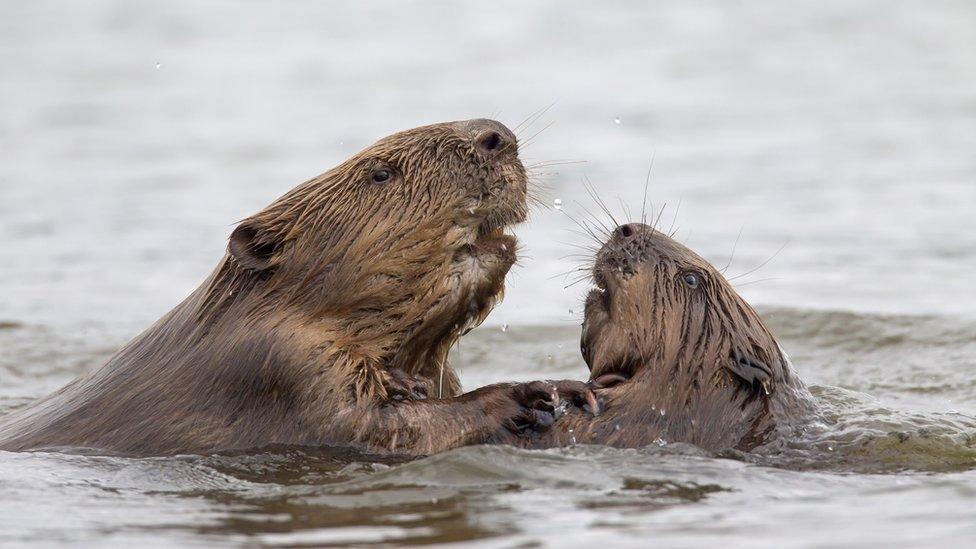
- Published17 March 2019
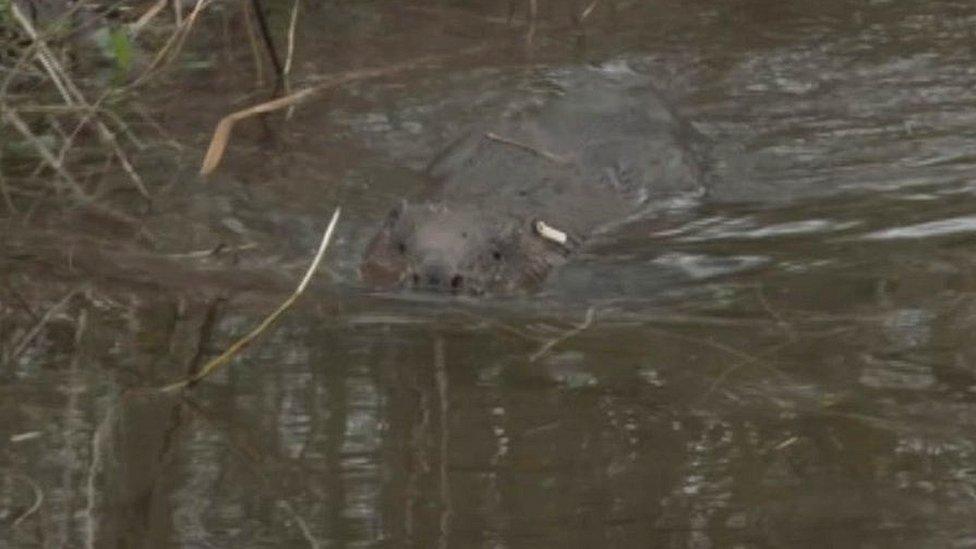
- Published5 November 2018
